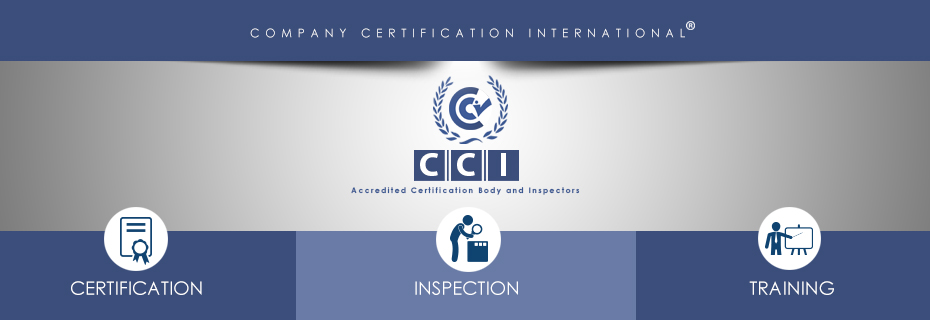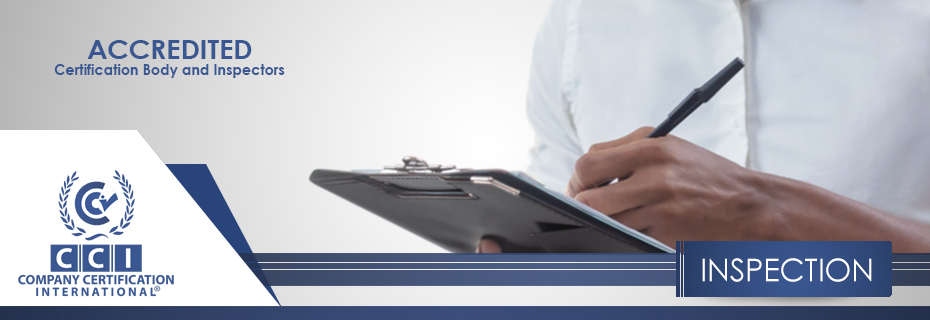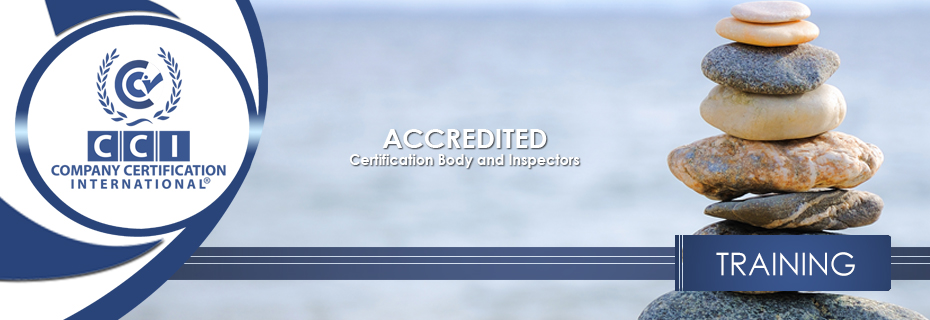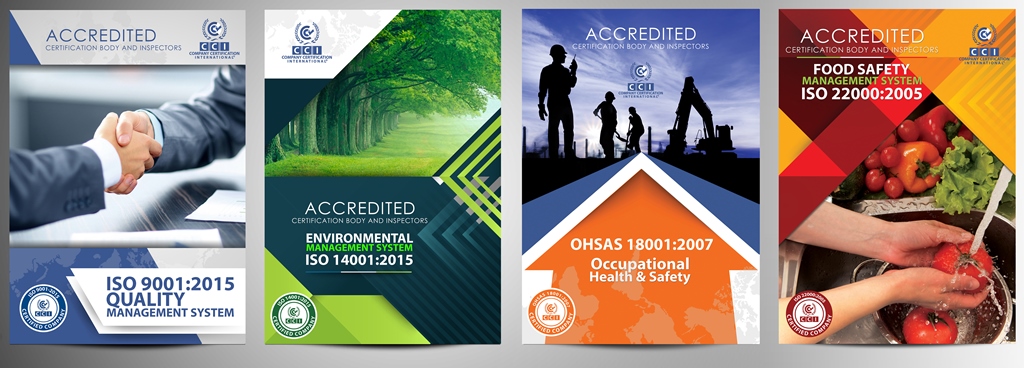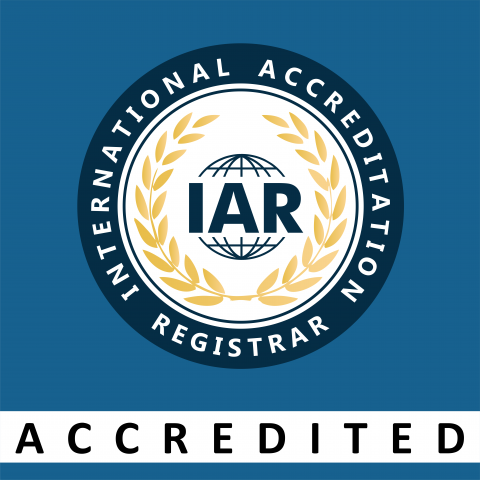GSP
WHAT IS GSP?
Good Storage Practice (GSP) is a system for ensuring that products are consistently produced and being stored ccording to national & international guideliness or standards. It is designed to minimize the risks involved in any food and pharmaceutical production that cannot be eliminated through testing the final product.
GSP covers all aspects of production from the starting materials, premises, and equipment to the training and personal hygiene of staff. Detailed, written procedures are essential for each process that could affect the quality of the finished product. There must be systems to provide documented proof that correct procedures are consistently followed at each step in the manufacturing process — every time a product is made.
Good Storage Practices (GSPs) play an integral role in various Pharmaceutical and Pharmacovigilance oriented companies, organizations and institutions. Each one of them is required to demonstrate not only efficient management but also efficient storage of pharmaceutical products. Such efficient storage of drugs is essential because it will that the potency and the physical integrity of medicaments are preserved and kept. What is more, GSPs are activities which generally prevent deterioration and ensure that the quality and safety of drugs are also maintained. All storage conditions for medical materials and products are expected to be compliant with products' labelling.
Good Pharmaceutical Storage Practices is often accompanied by the concept of Good Distribution Practice (GDP) because both of them are included in the medical products' management chain. In this regard just like GDPs, GSPs is also part of the Quality Management System. Precisely, GSPs represent this part which makes sure that the quality of drugs is well-preserved. This is done through monitoring and controlling a number of procedures which are closely linked to storage processes. To present this differently, GSPs could be envisioned as a compilation of measures that should be taken into consideration when it comes to the safe-keeping of pharma and medical products.
Good Storage Practice (GSP) is a system for ensuring that products are consistently produced and being stored ccording to national & international guideliness or standards. It is designed to minimize the risks involved in any food and pharmaceutical production that cannot be eliminated through testing the final product.
GSP is also sometimes referred to as "cGSP". The "c" stands for "current," reminding manufacturers that they must employ technologies and systems which are up-to-date in order to comply with the regulation. Systems and equipment used to prevent contamination, mixups, and errors, which may have been "top-of-the-line" 20 years ago, may be less than adequate by today's standards.
GSP Covers and Requires:
- Record Keeping
- Personnel Qualifications
- Equipment Verifications
- Storage Maping and Identified Controls
- Sanitation
- Cleanliness
- Process Validation
- Complaint Handling
BENEFITS OF GSP
Cost Factor: The cost factor is vital in terms of the operational costs, profits and the overall cost of production. Handling materials is very expensive in terms of equipment, plant, time and labour. Therefore the more efficiently and quickly materials can be moved, the less the cost per unit. Efficient use of space reduces waste of space hence reducing cost of each unit.
Reduce Or Eliminate Damages: Efficient warehouses reduce the amount of movement to a minimum, and make the necessary movements as efficient as possible. The less items are handled or moved, the less likely they will be damaged, stolen or otherwise mislaid and the less cost will be incurred when item moving internally.
Reduce Movement: Materials flow has to be maintained if output and distribution have to be effective. Transportation starts from the point of offloading to the storage to the point of production moved through process back to the storage and then to distribution. Good storage system plan layout and handling simultaneously for example by planning layout to ensure that fast moving items have the least length of travel reduces overall handling costs.
Safety Of Personnel: Health and safety of many members of staff depend a great deal upon the type of materials handling and storage systems employed, the equipment operated and the level of training among operators.
Production Interruptions: Where manufacturing is involved, proper MHS reduces interruptions in the production. Delays in delivering materials in the production system result to machines and labour idle time resulting in inefficiencies. A good storage system ensures that materials are delivered as and when required in the most efficient manner.
Customer Satisfaction: A good storage system ensures that goods are located in the shortest time possible in the store. It takes a long time to locate an item in a poor storage system. With changing dynamics and stiff competition in the market, most customers would not wait for long before they move to the competitors. A good storage system ensures that goods are readily available.
Stock Records: Stock records should be available for any good storage system. The storekeeper can tell how much is held in stock at any one time. This reduces holding of too much or too little inventory. Stock forms a large part of working capital and should be well managed to reduce tying a lot of resources in inventory. This can only be managed when stock records are available.
The Certification Process
Online gap analysis allows us to see the current
- quality benchmark within your organization,
- the finances required
- the time required for this project (System and Certification Fee)
Your Estimate will be shared with you in 24 hours.
Upon Estimate Approval the project starts:
- A client executive is assigned to your project
- Contact information is shared with you
- The Payment details are provided to you
All Support is delivered Online.
The Client Executive will provide the Documentation Templates and explain to you how to amend it.
You will be required to perform the following tasks:
- Identify your core or business processes.
- Amend documentation that meets your business needs. (Policy statements, objectives, manuals, work instructions, job descriptions, forms.)
- Encourage employees to be aware of the new documented system
- Review, approve, and distribute the documents to those who need access to the information.
- Ensure procedures are being performed as documented.
- Ensure employees are trained properly for the tasks they are performing.
- Create effective reporting systems.
- Monitor the effectiveness of your processes through the use of measurable data, where possible.
- Review and take action to improve in the areas required.
- Plan internal auditing activities.
- Submit your management system documentation for review to ensure it complies with the applicable standard.
- Prepare for review by an external auditor to confirm that the system’s requirements are being satisfied and that the management system is implemented effectively.
- Obtain ISO Certifcaiton
- This periodic on-site review is usually conducted annually.
- It ensures that the certified business continues to comply with Standard requirements, as confirmed during the Recertification Audit at the certification cycle's outset.
- Most are conducted remotely.
Refer to learn more about Types of Audits


